RESIDENTIAL
E&S Builders Specialize in all things Residential, from designing and completing your plans to project managing and providing high-quality labor for your build.
The Process
New residential build can be a simple or a complex process. The size and the intricacy of the finished build can affect the length and complexity of the process. Here are some few tips to help you when you are thinking of a new residential building project:
Preparing a Successful Build
In creating a realistic project, you must get your thoughts together on what you like and what you MUST achieve. This will help get your priorities in order, as well as your budget and timing. Gathering idea of building cost from professionals like Architect, engineers or builders will help you realize whether you are pursuing a realistic expectation.
The location and position of your building can have a big impact on your project. This will have an effect on how your finished project is positioned in terms of the sun, wind, utilities services, neighbors, boundaries, site access, hills, and slopes if any and to mention a few. It is good to give these things some thorough consideration.
Getting your design right is very important. You need to work thoroughly with your designer or Architect and tell them what design you want and how much budget you can spend. Concept drawing is a good way to agree on. Once you have the full design of your house, it is always good to go through it in great detail to ensure that the design caters for what you need and what you want. Some things to think about is how will the design make me use of the space, what will it look like, how about the lighting and what building materials will I use?
Remember to check if you need consents. Your plans form the basis of your building consent application (if applicable). Any variation from the consented plans can affect the progress of the work, increase the cost of your build, and delay the final sign-off. Ensure that you check with your council with any changes to the consented plans.
Getting the right people for your project will also help to speed up your building process and save you cost. Whether you manage the project or you hire a contracted project manager; you are responsible to ensure everything in the building consent materialize. The project manager should be confirmed and indicated on your design and building contract; after which they will be collaborating with tradespeople and subcontractors for the build. You can hire quantity surveyor to confirm the cost of each materials needed or they can provide a cost estimate so you can compare quotes and make sure they will be finished within the agreed time frame.
All the roles in your building project should be specified in the Building Contract. The Building Contract should contain your Builder, including details of guarantees, payment schedules and completion Dates.
Acquiring Insurance is also important before you start your Build. Talk to your insurer or your bank to find out how you can protect yourself. Your Builder and or Architect should have professional indemnity insurance to ensure they can pay for repairs if problems occur.
Health and Safety is a priority in Construction. Have a health and safety plan prior to start of your build to keep everyone safe.
Acquire Building Consent
Make sure when applying for the building consent, the person completing the application includes all requested information as well as detailed drawings and evidence of compliance with the Building Code.
Build to the Consent
Once the building consent has been granted, you can now start your construction. As soon as the start date is established, advise your council about it. The date is important for you need to start your project within 12 months of receiving your building consent and to finish it within 2 years. Make sure to monitor the progress of your build, to pay your bills as agreed on contract and to organize paperwork for certification to be sent and signed off by council for your code compliance certificate (CCC).
Signing Off and Maintaining your New Home
Once the project is completed, ensure that everything has been done as set out on your building consent, design, and contract. If there is any problem, you have to let your builder know within 12 months of the end of the construction. You must make final payments to your builder as agreed on the contract as well as pay council fees if applicable to get the sign-off from the council or the CCC.
Your new home is your lifetime investment. Therefore your builder or contractor needs to advise you regarding the maintenance and upkeep which relates to the products or materials used. These instructions must be kept to ensure the warranties and guaranties will not be affected.
If you would like to start your new residential build, please do not hesitate to get in touch with us!
ABOUT E&S BUILDERS
E&S Builders are known for supplying high-quality labor for many commercial and residential jobs all over New Zealand. Proudly being the main source of labor for variety of Builds, Commercial and Residential.






